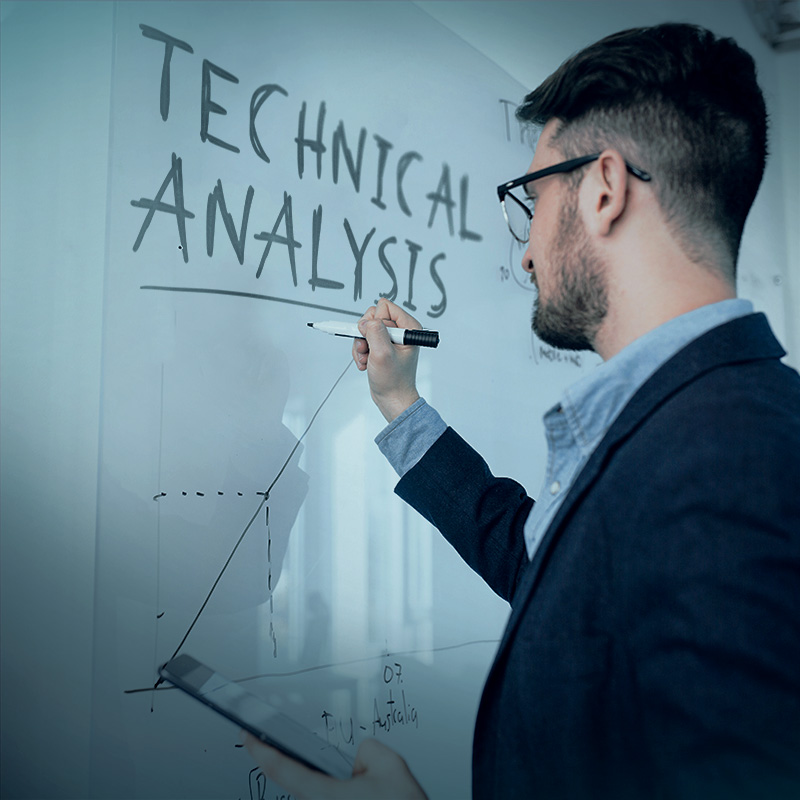How to Trade a Commodity?
Commodity trading involves the buying and selling of physical goods such as gold, oil, or corn. To start trading commodities, you’ll need to first choose a commodity broker and open a trading account. Once your account is set up, you can start researching different commodities and analyzing their price trends to identify potential trading opportunities. It’s important to understand the supply and demand dynamics of the commodity you’re interested in, as well as the economic and geopolitical factors that can affect its price.
When it comes to actually executing trades, there are a variety of methods you can use, including futures contracts, options contracts, and exchange-traded funds (ETFs).
Futures contracts allow you to buy or sell a specific commodity at a specific price and date in the future, while options contracts give you the right (but not the obligation) to buy or sell a commodity at a predetermined price. ETFs, on the other hand, allow you to invest in a basket of different commodities.
One important thing to keep in mind when trading commodities is that they can be highly volatile and subject to sudden price swings. It’s important to manage your risk carefully by using stop-loss orders and diversifying your portfolio. Additionally, staying up-to-date on news and events that can affect commodity prices can help you make informed trading decisions.
Fundamental Analysis importance
Fundamental analysis is a key tool in trading commodities, as it involves analyzing the underlying economic and financial factors that affect the supply and demand for a particular commodity. By examining factors such as global production, inventories, and demand trends, fundamental analysis can provide insight into the current and future price trends of a commodity.
One of the main benefits of fundamental analysis is that it can help traders identify potential trading opportunities before they occur. For example, if a major producer of a commodity experiences a supply disruption, this could cause prices to rise in the short term, providing an opportunity for traders to profit by buying at a lower price and selling at a higher price.
In addition to identifying trading opportunities, fundamental analysis can also help traders manage risk by providing insight into the factors that could affect the price of a commodity. For example, if a particular commodity is heavily dependent on a certain industry or country, traders can use fundamental analysis to monitor events in that industry or country to better understand how they might impact the commodity’s price.
Overall, fundamental analysis is an essential tool for traders looking to make informed decisions when trading commodities. By understanding the underlying economic and financial factors that drive supply and demand, traders can more effectively manage risk and identify potential opportunities for profit.


Technical Analysis Importance
Technical analysis is an important tool for trading commodities as it involves analyzing price charts and other market data to identify trends and patterns. By examining factors such as price movements, volume, and chart patterns, technical analysis can provide valuable insights into the future price movements of a commodity.
One of the main benefits of technical analysis is that it can help traders identify key price levels and trends that can serve as potential entry and exit points for trades. For example, if a commodity has been trading in a range for an extended period of time, a trader may use technical analysis to identify support and resistance levels within that range that can help guide their trading decisions.
In addition to identifying potential entry and exit points, technical analysis can also help traders manage risk by providing insights into market volatility and potential price movements. By examining factors such as average daily price ranges and volatility indicators, traders can better understand the potential risks and rewards of a particular trade.
Overall, technical analysis is a critical tool for traders looking to make informed decisions when trading commodities. By using technical indicators and chart patterns to identify potential trading opportunities and manage risk, traders can more effectively navigate the complex and volatile world of commodity trading.

Is trading commodities suitable for beginners?
Commodity trading can be complex and requires a good understanding of the market and risk management. Beginners are advised to educate themselves, practice with demo accounts, and consider seeking guidance from experienced traders or financial advisors.

